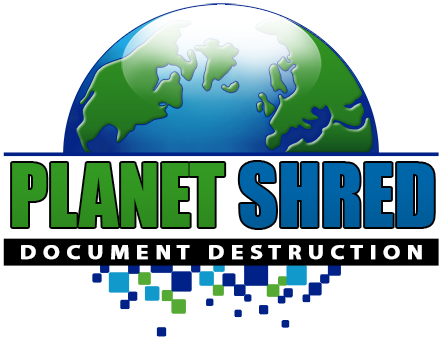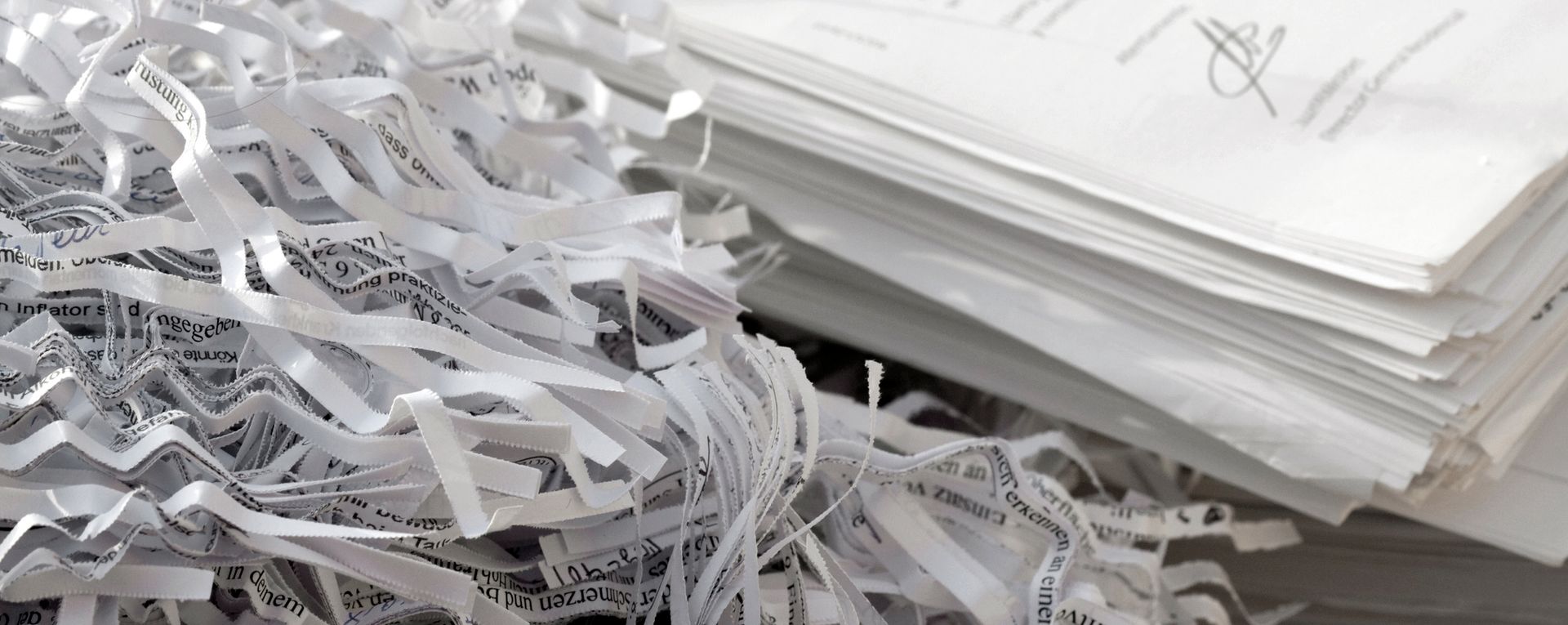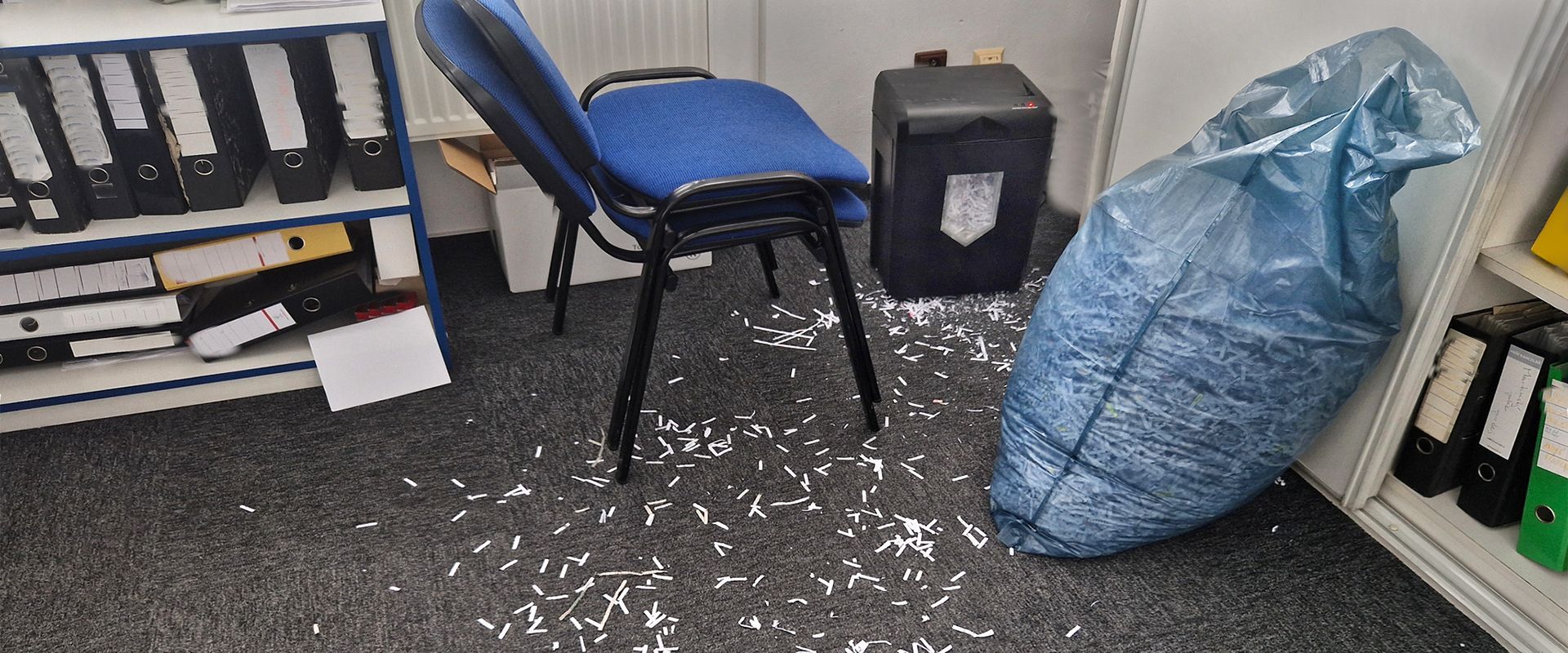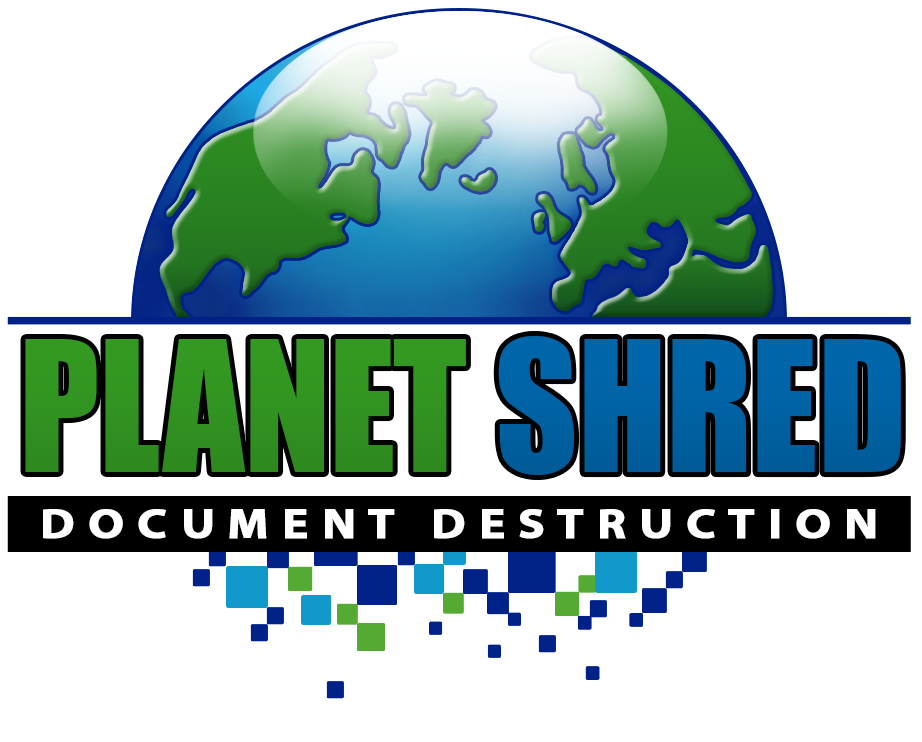Legal Requirements for Document Disposal
New Title
What Businesses Need to Know About Information Destruction
Proper document disposal isn’t just about clearing office space—it’s a matter of compliance, security, and protecting your business from costly penalties. Every organization handles sensitive information, whether it’s employee records, client data, financial reports, or medical files. Mishandling this information during disposal can lead to data breaches, identity theft, and violations of privacy laws.
Why Legal Compliance Matters
Regulators at both federal and state levels enforce strict requirements for how businesses must manage and destroy sensitive information. Failure to comply can result in fines, lawsuits, and reputational damage. Beyond legal obligations, secure disposal helps maintain customer trust and demonstrates your business’s commitment to data protection.
Key Laws Governing Document Disposal
- The Fair & Accurate Credit Transactions Act (FACTA) - FACTA’s “Disposal Rule” requires businesses to properly destroy consumer information derived from credit reports. Documents must be shredded, pulverized, or otherwise rendered unreadable.
- Health Insurance Portability & Accountability Act (HIPAA) - Healthcare providers, insurers, and their business associates must securely dispose of medical records containing protected health information (PHI). HIPAA violations can result in fines up to millions of dollars.
- Gramm-Leach-Bliley Act (GLBA) - Financial institutions must protect customer data and ensure proper disposal of personal financial information. Secure shredding or certified destruction methods are required.
- General Data Protection Regulation (GDPR) - For companies handling EU citizen data, GDPR requires secure data destruction once the information is no longer necessary. Non-compliance can lead to severe penalties.
- State-Level Privacy Laws - Many states have their own regulations, such as the
New Jersey Data Privacy Act (NJDPA) which creates strict data privacy standards for businesses operating in NJ or targeting its residents.
Best Practices for Compliance
- Implement a company wide document retention policy to clearly define how long documents should be kept before disposal.
- Use certified shredding services by partnering with a shredding company like PLANET SHRED that provides certificates of destruction.
- Train employees to ensure staff understand what documents are considered sensitive and the proper methods for disposal.
- Place PLANET SHRED's secure collection bins around the workplace for confidential documents awaiting shredding.
- Regularly review disposal practices with the experts at PLANET SHRED to ensure ongoing compliance with evolving regulations.
Protect Your Business & Clients with Scheduled Information Destruction
Businesses cannot afford to overlook legal requirements for document disposal! Secure and compliant information destruction with PLANET SHRED not only avoids penalties but also protects clients, employees, and the organization itself from unnecessary risks. By staying informed and adopting proper disposal practices, your business can turn compliance into a safeguard for long-term trust and success.
Whether you’re organizing a
one-time purge day or setting up
regularly scheduled pickups, proper planning makes all the difference. If you’re looking for trusted paper shredding in Monmouth & Ocean County, NJ or Tampa and Orlando FL areas, reach out to us. As one of the top-rated shredding companies,
PLANET SHRED provides secure, certified, and customized services for your business.
Click to contact us or call 732-727-7777 for your free no-obligation quote today!




